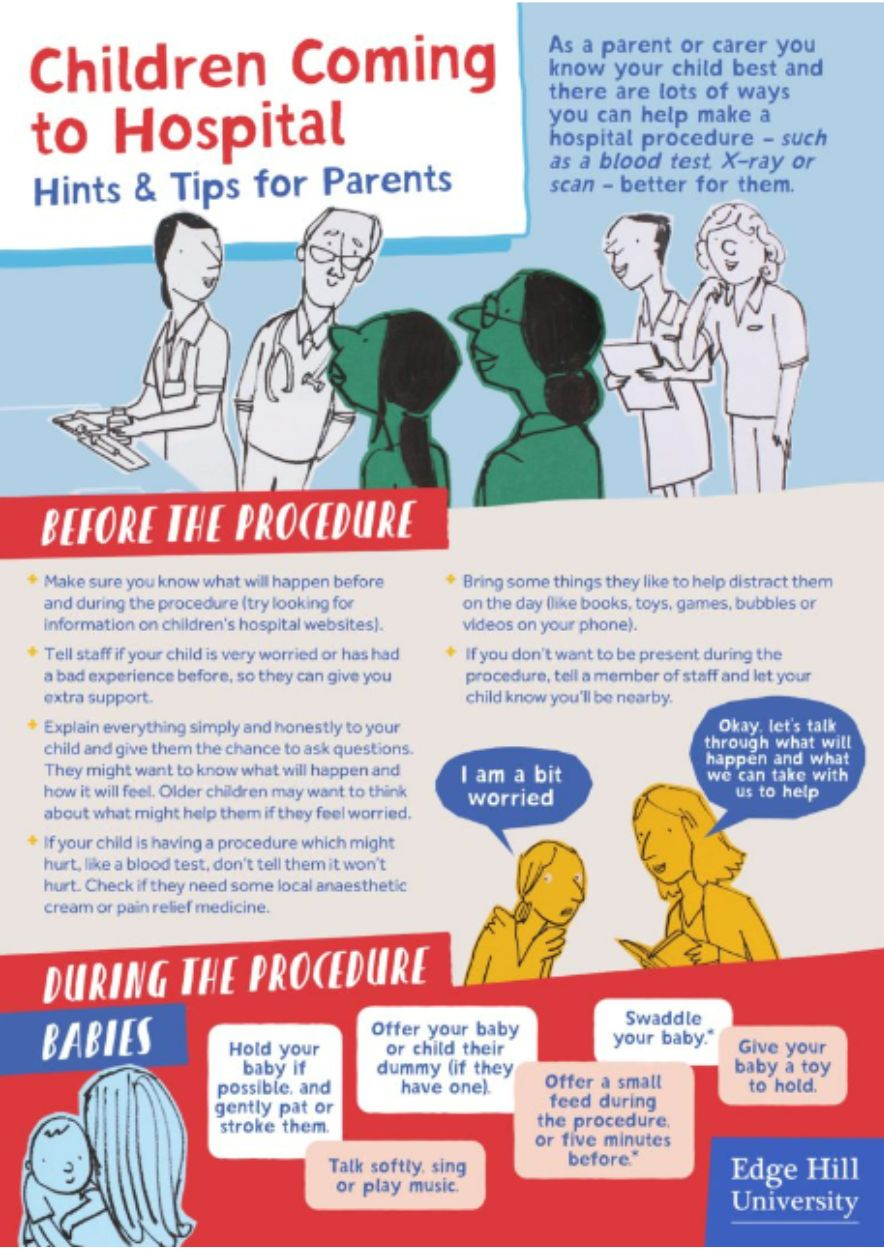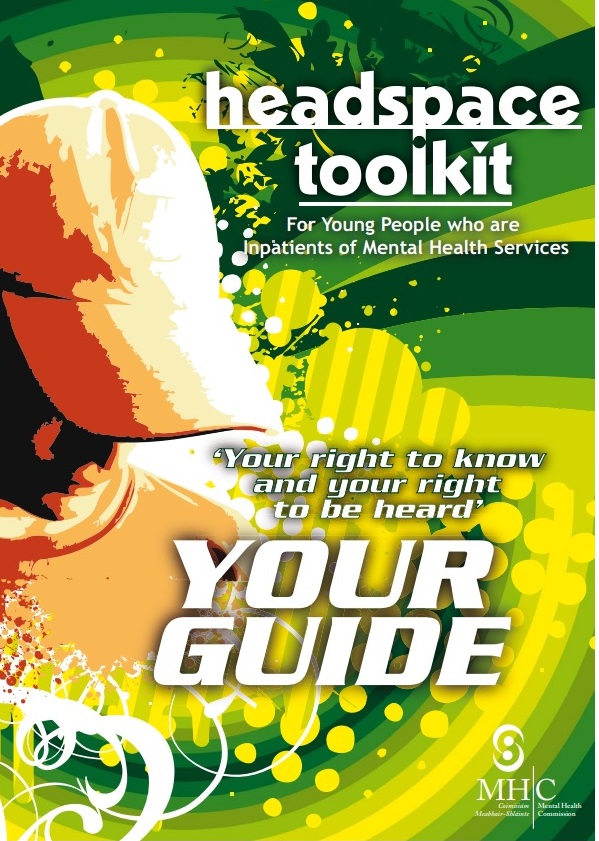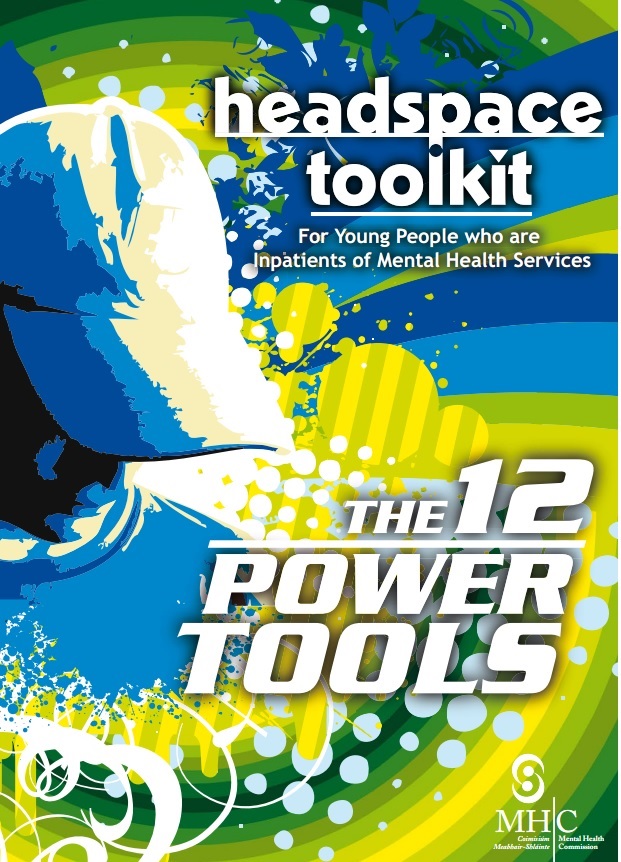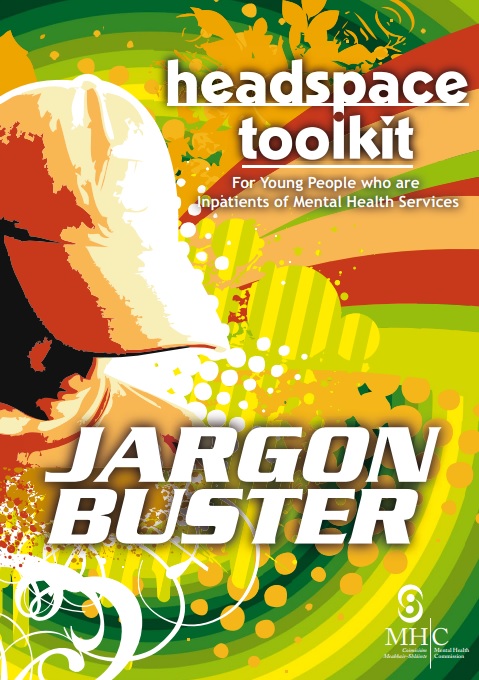This section provides information about what to expect during a hospital admission and how to support your child.
JUMP TO…
JUMP TO…
Hospital admissions…what to expect
Sometimes, children and young people need to go to hospital for the day, or longer, for monitoring, tests or a procedure such as an operation. The information below should help you get ready and have an idea of what to expect.
Types of hospital admission
Important tip – Following hospital instructions
Make sure you read any information the hospital has provided about your child’s hospital admission such as:
Fasting
Your child may need to avoid food and/or drinks for a certain amount of time before their procedure. If this is not done their procedure may be delayed or cancelled until they have fasted properly.
Calling to confirm admission
You might be told to call the number provided to confirm there is a bed available.
When you arrive…
The admitting process differs at every hospital but the following are some things you can expect to happen when your child has a planned hospital admission.
Daily activities on the ward…
There are lots of different types of hospital ward, each specializing in different type of medicine or surgery, or caring for children of certain ages, but what to expect from day to day is quite similar for each ward (except for intensive care units such as NICU and PICU).
Who you might meet
Depending on your child’s reason for being in hospital, you may meet many different members of staff. It can be difficult to remember
them all and understand who does what! The lists below explain the staff who will probably be involved in your child’s daily care
and treatment and other members of staff you may meet.
Tip: Keep notes on the names and role of the staff who are caring for your child.
You might also meet… Health and Social Care Professionals (HSCP)
Health and Social Care Professions (HSCP) are staff who provide therapeutic, rehabilitative , health and social care and diagnostic services. See below for some of the HSCP professionals you might meet in the hospital.
Having an operation or procedure – what to expect
Every surgery is different depending on the type of procedure, the age of the child and lots of other reasons. The information below is general information that may help you know some of what you might expect on the day of surgery.
Supporting your child or teenager in hospital
Understanding your child or teenager’s needs in the hospital
The sections below provides details about how being in hospital might affect babies, children and teenagers, and tips for how to comfort and support them.
This section might help you prepare for questions your child or teenager might have.
How to comfort and support your child during a test or procedure
The following section provides general advice about how to support your baby or child during a hospital test or procedure. This is general advice and you should always discuss your child’s individual needs with an appropriate member of staff.
One of the most important things you can do is to talk to the medical staff before the procedure (the earlier the better) to share your child’s needs,
concerns and how you would like to support them.
The information in this section is shared with kind permission from Edgehilll University – Children Coming To Hospital
Supporting children of different ages during tests or procedures
Useful resources and information
See below for a listing of useful resources to help you prepare your child for hospital and procedures.
Hospital Passport – symbols – Children
A free resource from www.widgit.com to help communicate your child's needs and preferences to healthcare professionals. Please note this resource is from a UK website.
Widgit/Symbol Flashcards and Booklets – Hospital admissions, appointments and procedures
www.Widgit.com provides a section with free symbol/widget based flashcards and booklets to help prepare children with additional needs for hospital appointments, procedures or staying in hospital. Please note this resource is from a UK website.
Helping your child during a procedure brochure
Helping your child during a procedure
This short document explains how you can support your child during a procedure and how to prepare at home before a procedure
Using play to prepare your child for hospital – Videos
Using play to prepare your child for hospital
These videos show play ideas to prepare younger children and young people with learning difficulties for different tests or procedures. Please note this resource is from a UK website.
Preparing a child with a learning disability for hospital – video
Preparing a child with a learning disability for hospital
This video shows interviews with parents of children with a learning disability. The parents share experiences and different ways they prepare their child for going to hospital, the doctor, the dentist or the optometrist. Please note this is resource is from a UK website.
HSE Health Passport App
HSE Health Passport - Apple Download | HSE Health Passport - Android/Samsung Download
The HSE Health Passport is now available as an App to support people with Intellectual Disability to communicate and express their unique needs when in a health care setting
Child friendly videos and information about hospital tests and procedures
whatwhychildreninhospital.org.uk/
This website provides lots of resources about going to hospitals, procedures and equipment. You can use the videos, information sheets and other resources to help you prepare your child and know what to expect before a procedure, appointment or hospital admission.
Transfers – ICU to Ward, Hospital to Hospital
Moving from the ICU to the Ward
When your baby or child is ready for transfer from the Intensive Care Unit to a ward, it means they are moving to a ward because their condition has improved and they no longer need specialist ICU therapies and care. This is a positive step forward in your child’s recovery. The following list provides some information to help you prepare or to ask your medical team about before the transfer.
Hospital to hospital transfers
There are a few reasons why your baby or child may be transferred to a different hospital. A health professional will
explain why they are being moved.
Useful links
Preparing for discharge
Visit our preparing for discharge section for information to help you prepare and know what to expect when your child is ready to go home.
Our shared care section provides useful advice and tips from parents to help you know what to expect and how to stay organised if your child will received care from more than one service – shared care.
Mental Health Inpatient Admission
The Mental Health commission have created a self-advocacy and right-based guide for young people accessing in-patient child and adolescent mental health services in Ireland called the Headspace Toolkit.
These guides will help you and your child/adolescent know what to expect during an inpatient mental health admission, advocate for their rights and understand the language used by medical professionals.
Please note these guides were created in 2009. Updated versions are expected to be available in early 2024.





